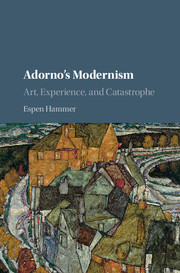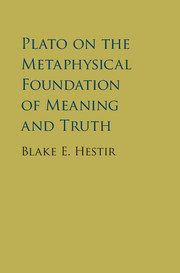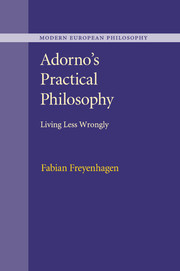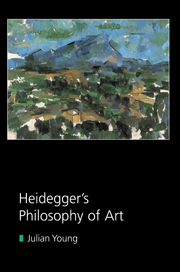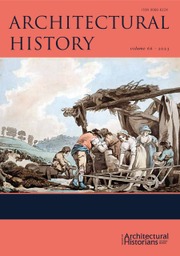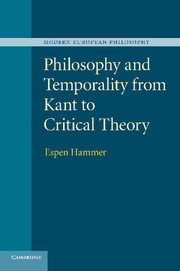Adorno's Modernism
Theodor W. Adorno's aesthetics has dominated discussions about art and aesthetic modernism since World War II, and continues to inform contemporary theorizing. Situating Adorno's aesthetic theory in the context of post-Kantian European philosophy, Espen Hammer explores Adorno's critical view of art as engaged in reconsidering fundamental features of our relation to nature and reality. His book is structured around what Adorno regarded as the contemporary aesthetician's overarching task: to achieve a vision of the fate of art in the modern world, while demonstrating its unique cognitive potential. Hammer offers a lively examination of Adorno's work through the central problem of what full human self-actualization would require, and also discusses the wider philosophical significance of aesthetic modernism. This book will be a valuable resource for scholars and students of social philosophy, art, and aesthetics.
- Provides a deeper understanding of Adorno's aesthetics by placing it in the context of classical German philosophy
- Accessible to readers with a limited background in Adorno's aesthetics
- Integrates Adorno's aesthetics into his philosophy more generally
Product details
September 2015Adobe eBook Reader
9781316413227
0 pages
0kg
This ISBN is for an eBook version which is distributed on our behalf by a third party.
Table of Contents
- Preface
- Introduction
- 1. Art and the problem of modernity
- 2. The beautiful and the sublime: an aesthetics of nature
- 3. The dialectic of aesthetic autonomy
- 4. Language, truth, and semblance
- 5. A topography of nothingness: Adorno on Beckett
- 6. Experience and metaphysics: the legacy of Kant
- 7. An aesthetics of negativity
- Concluding remarks
- Bibliography
- Index.

